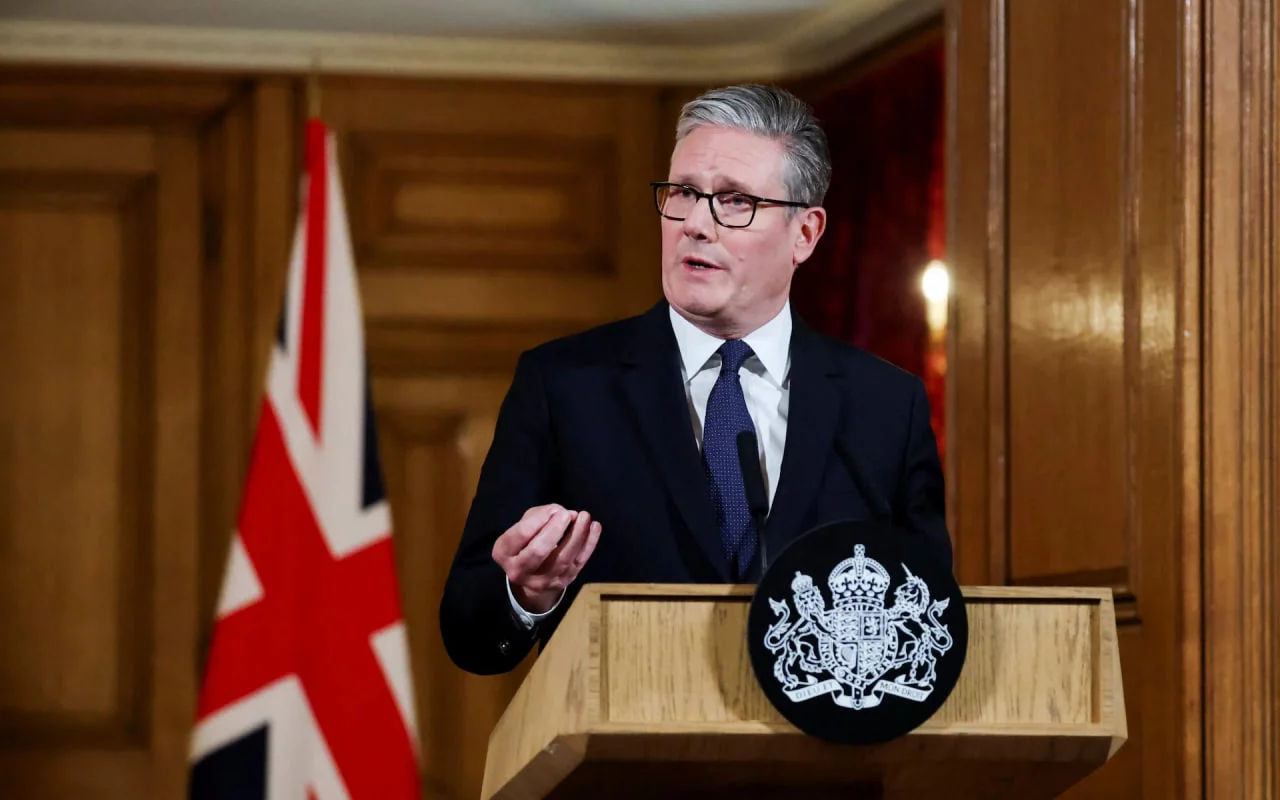Britain Is one step away from recognizing the state of Palestine: conditions and pressure

On July 29, UK Prime Minister Keir Starmer made an important political statement in the country's history. If Israel does not take concrete steps to improve the lives of Palestinians, London is ready to officially recognize the State of Palestine at the UN General Assembly in September, Reuters reported. If implemented, this decision will make Britain the second Western country in the UN Security Council after France to officially recognize Palestine.
According to Starmer, before recognizing Palestine, Britain demands Israel to fulfill a number of specific actions:
Ensure humanitarian aid is delivered to Gaza,
Provide a firm guarantee not to annex the West Bank,
Announce its commitment to a long-term peace process and recognition of Palestinian statehood.
"The Palestinian people have endured severe suffering. Right now, babies in Gaza are suffering from hunger due to a lack of aid. These images will stay in our memories for life. This suffering must end," Starmer said in his address to journalists.
In September, the British government will thoroughly assess how the parties have fulfilled these conditions. As Starmer emphasized, no country will be able to veto this decision, and Britain will stick to its independent political position.
Reuters notes that this decision was made following an urgent meeting attended by London officials and EU leaders, where a new peace plan and the delivery of aid to 2.2 million people in Gaza were discussed. Previous British governments stated they would recognize Palestine "when the time is right" but never set clear conditions or deadlines.
This time, as the threat of famine in Gaza intensifies and international humanitarian organizations issue warnings, Labour Party MPs are also urging the prime minister to recognize the State of Palestine and thereby increase international pressure on Israel.
Especially after French President Emmanuel Macron announced his intention to recognize Palestine as a state within the borders established after the 1967 war, the issue became even more pressing in the British political community.
It should be noted that when the military actions in Gaza began, Keir Starmer as the opposition leader fully supported Israel's right to self-defense. However, after becoming prime minister, his policy toward Israel has become much stricter and more principled. For example, Britain stopped the previous legal fight against the arrest warrant issued by the International Criminal Court for Israeli Prime Minister Netanyahu and limited the export of some types of weapons to Israel.
In June, the British government also imposed sanctions on two radical Israeli ministers — Itamar Ben-Gvir and Bezalel Smotrich. They were accused of openly promoting violence against Palestinians.
A final decision will be evaluated in September, and the international community is closely watching how this political step by Britain will affect regional and global relations.
Read “Zamin” on Telegram!





















